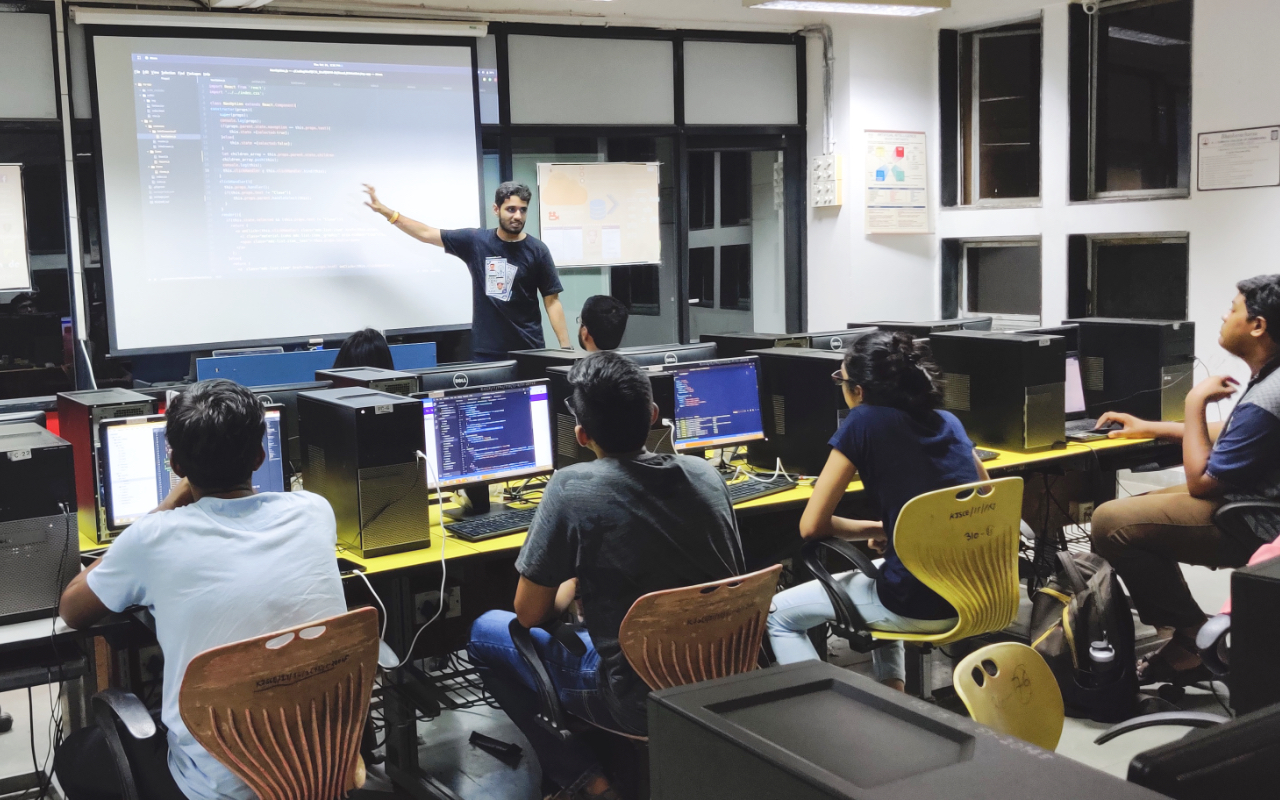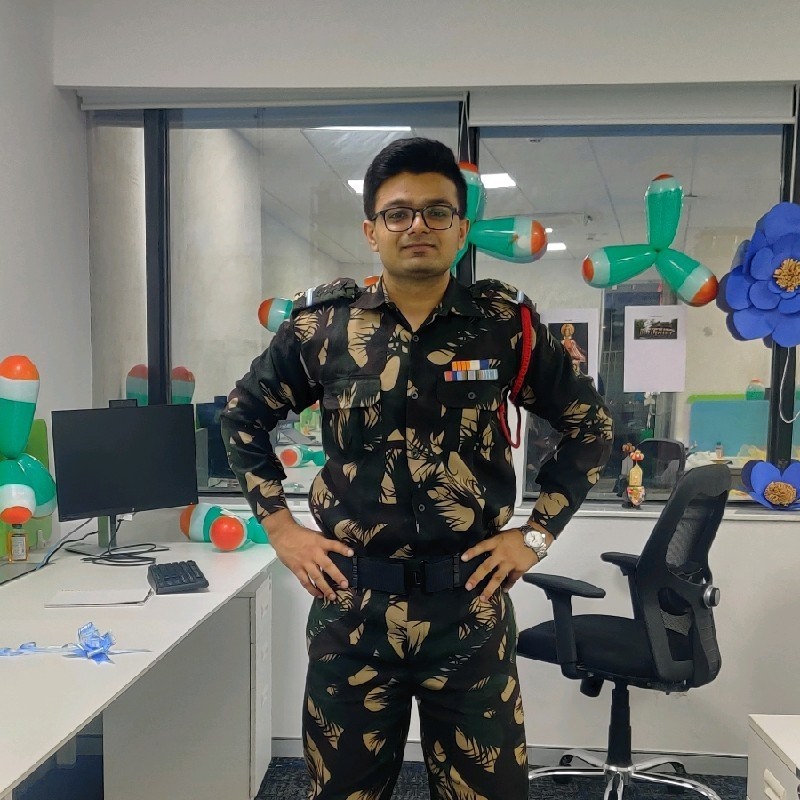Pedagogy
The Teaching-Learning-Evaluation (TLE) paradigm is a mix of traditional as well as active learning pedagogy and use of contemporary ICT (Information and communications technology) tools. The TLE process is facilitated by faculty members with use of active learning strategies and ICT tools like DIY (Do-it-Yourself), Think Pair Share, Google Classroom, LMS – Moodle etc. The MOOCs (massive open online course) courses are used for blended learning of the students. The projects are assigned as per students’ choice mapped with knowledge / thrust areas of Computer Engineering. Evaluation is done through variety of tools including Open book tests, MCQs (multiple choice questions), Study of research papers, Internal Assessment tools etc. Mini-Projects are offered to encourage project based learning among students. Various virtual labs viz. Virtual Labs of IITs, VMWARE HOL (Hand-on-Lab), Quiklabs are used to make learning interesting for students.









.jpg)

















